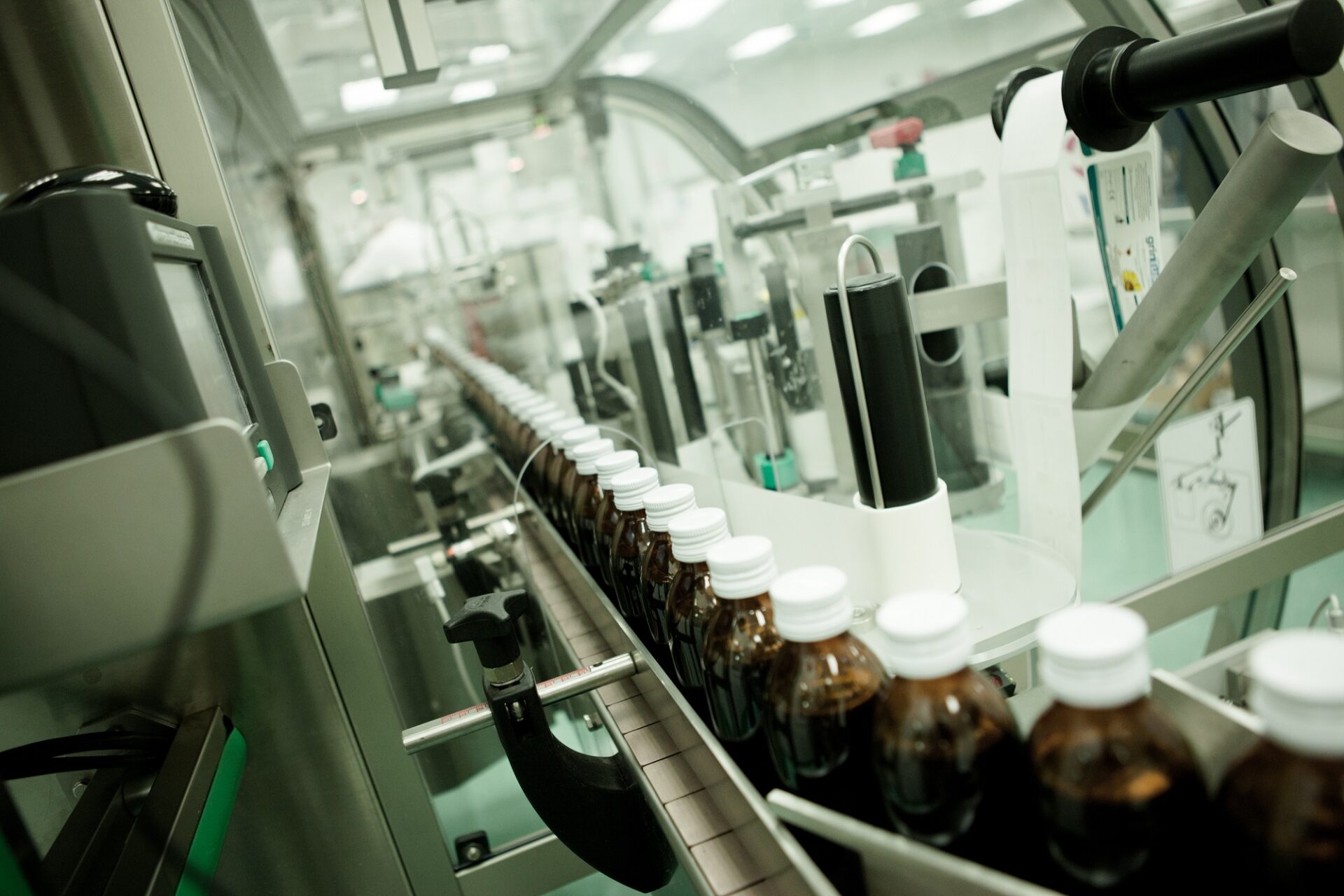Aboca: aligning business’ positive impact on society and the environment with the SDGs

About Aboca
Aboca is an Italian healthcare company that makes 100% natural and biodegradable products. They produce and distribute natural substance-based medical devices that can be used to meet various health-related needs in the area of self-medication, from the most common diseases to complex syndromes. Aboca also makes natural food supplements formulated to support the body. The company was founded in 1978 in Sansepolcro, Tuscany, to delve into the complexity of nature to find solutions to improve human health. Today it has some 1,400 employees and operates in 26 countries. Aboca was recognized for Best For The World™ 2022 in the Environment category.
From Benefit Corporation to B Corp Certified
Aboca has tried to create a positive impact on the environment and society since its foundation. The company became a Benefit Corporation (Società Benefit) legally in 2018, two years after the law was introduced in Italy. After this fundamental step, they decided to embark on the B Impact Assessment journey because they wanted to measure in a rigorous way the contribution to the common good that was stated in their articles of incorporation. It was a choice of consistency and also for investigating their ecosystem, looking for areas of potential improvement from the economic and sustainability point of view. When they understood their score was well above 80, they were glad to conclude the process and eventually become B Corp Certified.
“[The B Corp Certification journey] has been challenging because the standards asked us to look at the company from a new perspective, thanks to its questionnaire incorporating all the most relevant international KPIs for impact measurement”
Jacopo Orlando, Impact & Sustainability Manager at Aboca
The SDGs as a common language
According to Aboca, the SDGs are clear and simple for every inhabitant of this world, but they are particularly relevant for business. To generate real change, the Italian B Corp sees it necessary for companies to align their activities to global constraints and not keep operating according to self-interest.
Aboca is currently measuring its contribution to SDGs with the SDG Action Manager, and they report on them annually in a dedicated section of their Impact Report. Since they began communicating their performance in 2020, they noticed that many stakeholders were eager to know more about the link between their activities and SDGs. Especially local entrepreneurs who are part of their supply chain are increasingly looking for good examples to follow to align their business model to global challenges

*benchmark: average percentage value of companies of comparable size to Aboca that have attempted this self-assessment tool worldwide.
“If we want to make real change, companies must set and monitor specific targets to contribute to the SDGs. They are like a common language that everyone can understand and speak”
Jacopo Orlando, Impact & Sustainability Manager at Aboca
Their work on SDGs 3, 12 and 15
As a Benefit Corporation, Aboca embeds specific projects focused on creating a common good into its core activities. By achieving their goals the company has a positive impact on different SDGs, but the SDG Action Manager gave them additional evidence about their exceptional contribution to goals 3, 12 and 15 – high scoring percentages compared to the average.
The company significantly contributes to SDG 3 – Good Health and Well-being – thanks to the action of natural products with no side effects, created to tackle syndromes and complex pathologies for which there are often no alternatives in traditional pharmacology.
Their business model mainly focuses on SDG 12 – Responsible consumption and production – because their 100% natural products are biodegradable and avoid bioaccumulating potentially harmful chemical substances in the environment. Aboca is also committed to supporting and promoting a supply chain oriented towards organic certified raw materials. For this reason, they created a Code of Conduct with sustainability guidelines that they share with suppliers: a small part of this ongoing process was the procurement achievement of FSC or PEFC-certified paper for 100% of packaging materials and office consumables. In addition, in 2022, they joined the CO2alition for Italy with 60 other companies, which agreed to add a specific objective in their articles of incorporation dedicated to the gradual adoption of a carbon-neutral business model.

Produzione Aboca
The B Corp is also committed to disseminate knowledge through the many initiatives offered by Aboca Edizioni, their publishing house, and the free events created by Aboca’s Creative Department, promoting responsible consumption by raising awareness of the interconnection between people’s health and sustainable development.
Their third focus is on contributing to SDG 15 – Life on Land. Since 1978, Aboca made the strong choice of farming by respecting the organic method: a system of production that combines best practices in the fields of environment, climate, biodiversity and the preservation of natural resources (the regenerative capacity of Aboca’s farming techniques is also attested by the Biodiversity Alliance certification). They pay particular attention to the transformation phase, avoiding chemically synthesized substances even in the production stages of the manufacturing plant, where only water and food-grade organic alcohol are used as solvents for extracting natural substances. In the last years, they helped their local community in Sansepolcro preserve life on land thanks to the donation of 2.500 trees to revitalize a forest that has been damaged due to climate change.
Lessons Learned
Aboca has been working hard to align their work to the SDGs in the past two years and they have some valuable learnings to share.
#1
Walk the talk about SDGs. They have great potential for guiding us to a better future: don’t fail people who believe in this change – no greenwashing allowed!
#2
Prioritize your future action. You cannot solve global problems alone: focus on what you can do by removing the obvious and adding the meaningful.
#3
Coherency and transparency are very often a matter of data. Track your impact systematically: look at the assessment as an everyday process, not an extraordinary event.
Are you trying to make progress on the SDGs with your business?
